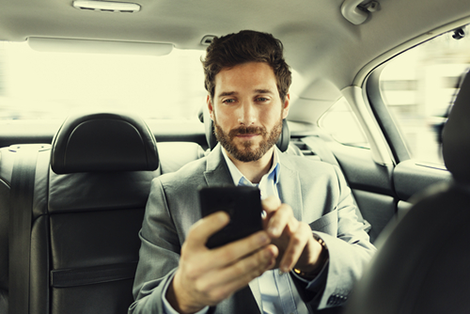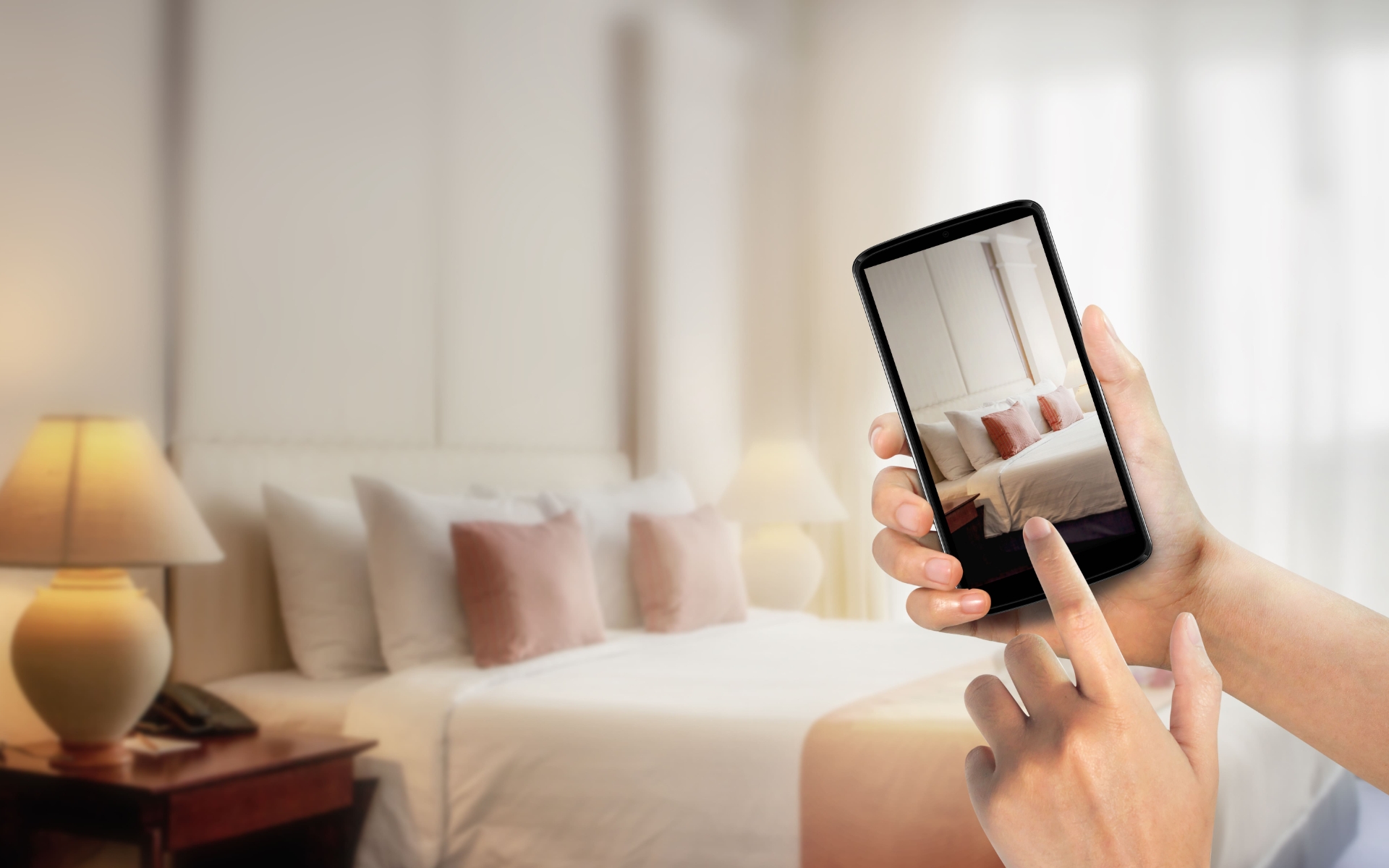Mobile and travel have become two of the world’s largest industries, and both continue to get bigger and bigger.
According to the World Travel and Tourism Council (WTTC), the travel industry grew faster than the global economy in 2015, with the hotel industry alone growing by $100 billion US dollars in the past five years.
Now let’s look at mobile. To put it into perspective, the number of smartphone users worldwide will surpass 2 billion in 2016. The US alone will surpass 200 million smartphone users, (or nearly 65% of the country’s total population) and by 2018 over one-third of consumers worldwide (or 2.56 billion people) will use smartphones.
So, it is not surprising to hear that, according to a recent study from Egencia and Expedia, when it comes to travelling, our mobile phone is “the single most indispensable item” ahead of deodorant and our toothbrush. 60%+ of us admit to sleeping with our phone only an arms length away. “Nomophobia, the fear of being without a mobile device, is now a defined medical condition. Our smartphones have literally have become an extension of our daily lives.
What does this mean for hotels? For some time it has been the argument that the hotel industry has been slow to adapt to new technologies and have been one step behind with mobile guest services. Reasons as to “why” include budgetary reasons but mainly hoteliers continue to fear the loss of the concept that hotel service means face-to-face interaction.
But there are now signs that times are changing. The ability to check-in on your phone, and walk straight to your room without having to pick up a key, as your phone unlocks the door, is now becoming the new norm (by 2017 PwC predicts that at least two thirds of all hotels will provide a mobile check-in option).
Instant messaging is beginning to emerge as a new, practical alternative enabling travellers to instantly connect in real time with hotel staff on one-to-one basis. Marriott launched their own mobile request service and mobile chat last summer across 500 Marriott Hotels worldwide to its 50 million members. “It’s about immediacy — our guests are able to have a dialogue and know their request is being taken care of without needing to follow up or break their routine… we believe just as you can text with friends and family, why not be able to text with your hotel or any travel company”. Michael Dail, Vice President of Global Brand Marketing for Marriott Hotels & Resorts at Marriott International.
Whether app or instant, messaging between hotel and guest keeps the service relationship immediate and relevant for the guest. More importantly, when the user is making use of their phone to interact with a hotel at any touch point, they are providing that hotel with data on their preferences and how they use the hotel’s facilities. “Some smart, effective investments in mobile technologies will substantially boost the customer experience, while providing your hotel with the competitive advantage that it needs to stay ahead of the curve.” Maria Franco, Communications Manager, SiteMinder.
“With the increasing use of smartphones as a primary entry point for consumers to engage their favorite brands, there’s no surprise that hoteliers with comprehensive mobile strategies are seeing significant results. As the mobile landscape continues to mature, hotels that make mobile a core part of their overall marketing strategies will grow exponentially.” Mobile: “It is the way we do business today and for the foreseeable future.” Jennifer Dunphy, Vice President of Sales & Marketing, Vayu Media.












